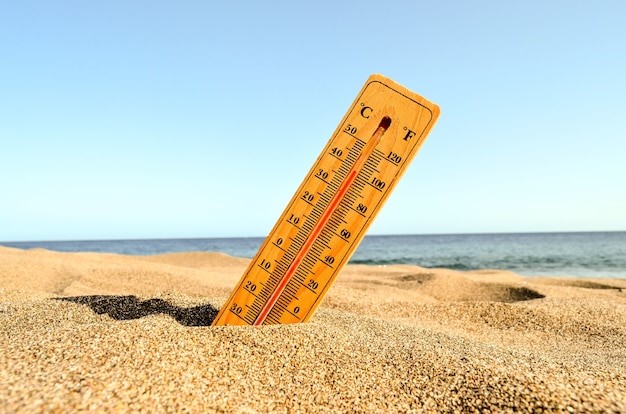How does heat affect your health?

The World Health Organization notes that the negative effects of hot weather on people's health are largely preventable. To this end, WHO has published a number of recommendations for the public.
The heat accumulation in the human body occurs under the influence of several factors: (a) the inability of the body to remove thermal energy generated during metabolic processes as a result of external thermal load (for example, high temperature, high humidity, low wind, the presence of sources of thermal radiation); (b) wearing clothing that prevents heat loss; (c) the entry of external heat from the environment.
Under these conditions, the body's inability to regulate core temperature and release heat increases the risk of heat exhaustion and heat stroke. The extra effort the body expends to cool itself also puts stress on the heart and kidneys. As a result, extreme heat can increase the risk of complications of chronic diseases (cardiovascular, respiratory diseases, mental disorders and diabetes) and lead to acute diseased kidney.
Extreme heat can quickly lead to death or the need for hospitalization, so any heat warning should prompt action.
Heat can also cause power or transportation disruptions, disrupting or slowing down critical health services. Heat reduces productivity and increases the risk of accidents. Extremely hot weather makes it difficult to do work or study, causing schools and other institutions to sometimes close during heat waves. Hot spells can also be accompanied by the release of hazardous pollutants into the atmosphere.
The extent and nature of the health effects of heat depend on the timing, intensity and duration of abnormally hot weather, as well as the degree of acclimatization and adaptation of the local population, infrastructure and institutions to the prevailing climate.
What should the population do?
Try not to be in the heat
- During the hottest hours, stay indoors and avoid strenuous exercise.
- Stay in the shade. Remember that when you are in the sun, the subjectively felt ambient temperature may be 10–15 C higher.
- Spend up to two to three hours a day in a cool place.
- Be aware of the danger of drowning. Never swim alone.
- Follow official heat warnings.
Keep your home cool
- After dark, when the temperature outside is cooler than inside, open the windows to let in the cool night air.
- During the day, when the temperature outside is higher than inside, close windows, blinds and shutters to block direct sunlight. Turn off as many electrical appliances as possible.
- Use electric fans only when temperatures are below 40 C/104 F. At temperatures above 40 C/104 F, the fan causes heat in the body.
- If using air conditioning, set the temperature to 27 C/81 F and turn on the electric fan - the room temperature will be perceived as 4 C lower. Thanks to this, you can also save up to 70% of the energy spent on cooling the room.
- Remember that it may be cooler outside in the shade than indoors.
Avoid overheating and dehydration
- Wear light and loose clothing and use breathable bedding.
- Take a cool shower or bath from time to time.
- Wet your skin with a damp cloth or spray, or wear light, damp clothing.
- Drink water regularly (1 glass of water per hour and at least 2-3 liters per day).
- Check regularly with people you know who are most at risk from heat, especially older people over 65, people with heart disease, lung disease, kidney disease or disabilities, and people living alone.




